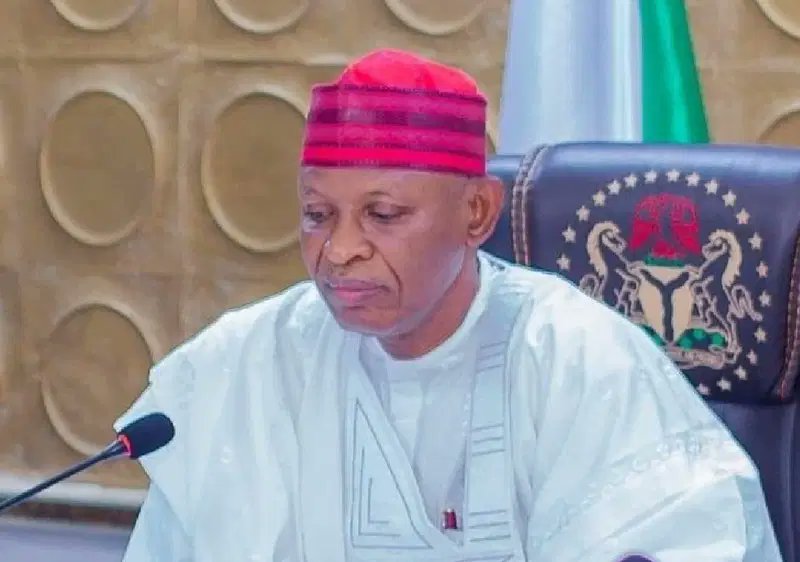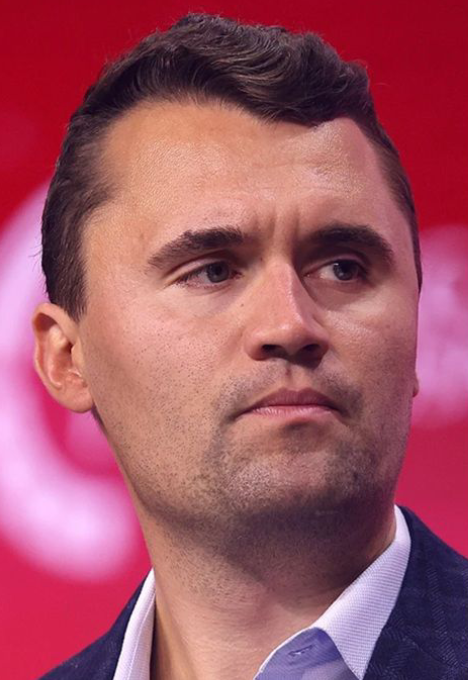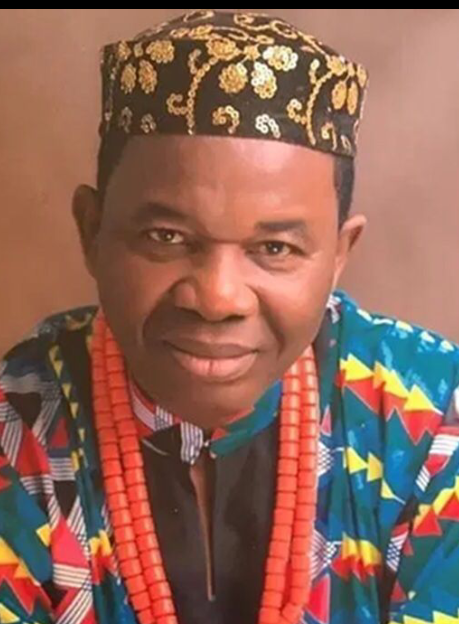
JUST IN: Kano Government Approves N1.1 Billion for Free School Uniforms to Boost Primary Education Enrollment

In a major step towards revitalizing education in Northern Nigeria, the Kano State Government has announced the approval of N1.1 billion for the procurement of free school uniforms for primary one pupils across the state. The decision, which was confirmed by the Commissioner for Information, comes as part of a wider initiative aimed at encouraging school enrollment and reducing the financial burden on parents struggling with the cost of education in one of the country’s most populous states. This move is already generating conversations within and outside Kano, as many see it as both a relief for indigent families and a strategic push to combat the growing number of out-of-school children in Nigeria.
Kano, historically recognized as a commercial hub and a center for Islamic scholarship, has over the years faced significant challenges in education, particularly at the foundational level. Reports by UNICEF and other agencies have consistently placed the state among those with high rates of out-of-school children, a situation compounded by poverty, cultural practices, and insecurity. The announcement of N1.1 billion to provide free uniforms therefore represents a direct intervention to not only draw children into classrooms but also keep them there by reducing the psychological and financial pressures that often deter parents from sending their wards to school.
The policy specifically targets primary one pupils, the very entry point of formal education, which experts describe as the most critical stage for laying literacy and numeracy foundations. By providing free uniforms, the government intends to create an environment where children can begin school with a sense of equality and dignity, regardless of their background. Educationists argue that uniforms, beyond their symbolic role, serve as a great equalizer in classrooms, bridging the visible gap between the children of the wealthy and the poor. For many families in rural and semi-urban communities, the inability to afford uniforms has often translated to delayed or denied enrollment for children, leading to early school dropouts.
Governor Abba Kabir Yusuf, whose administration has made education one of its key priorities, is said to have personally driven the initiative forward. His government has been vocal about tackling the menace of out-of-school children and strengthening public schools, which have long been overshadowed by infrastructural decay, poor funding, and lack of adequate teaching resources. The N1.1 billion budget approval is part of a series of interventions expected in the sector, as officials hint at further plans to address teacher recruitment, renovation of dilapidated schools, and provision of teaching materials in the coming months.
Public reaction to the announcement has been swift and diverse. Many parents welcomed the initiative, expressing relief at the prospect of free uniforms, which often account for a significant portion of their children’s back-to-school expenses. In markets and local communities across Kano, conversations about the development have been filled with optimism, with residents highlighting that the government’s action will not only ease household burdens but also inspire parents who previously hesitated to enroll their children. In a state where large families are the norm, even small educational expenses quickly multiply, creating barriers that discourage access to schooling. The state’s gesture, therefore, comes as a critical intervention.
Education advocates and civil society organizations have also praised the government’s action but urged transparency and accountability in the disbursement and procurement process. In Nigeria, where large government contracts often face criticism over alleged corruption, concerns have been raised about how the N1.1 billion will be utilized. Activists are calling on the state government to involve community leaders, parent-teacher associations, and independent monitors in overseeing the distribution of the uniforms to ensure they reach the intended beneficiaries without diversion or misuse. Past experiences in some states have shown that similar schemes were marred by inefficiencies, with items either not delivered in full or shared unevenly across schools.
Beyond the excitement, education experts point out that while uniforms are important, they form just one part of the broader educational challenge facing Kano and Nigeria as a whole. The issue of dilapidated infrastructure, teacher shortages, and poor quality of instruction remain pressing concerns. Analysts insist that uniforms may bring children into classrooms, but sustaining their education will require more systemic reforms, including teacher training, provision of textbooks, and ensuring safety in schools given the rising insecurity in parts of the North. Without these, the impact of free uniforms could be short-lived.
Still, the symbolism of this decision cannot be underestimated. By choosing to start with something as visible and immediate as uniforms, the government is signaling its seriousness about reversing the trend of educational neglect. Policymakers argue that once children are in school, it becomes easier to tackle other aspects of learning, including feeding programs, infrastructural upgrades, and extracurricular activities. The choice to prioritize primary one pupils further suggests that the administration understands the importance of early childhood education and the psychological impact of beginning school on equal footing with peers.
The announcement also feeds into the national debate about education financing and the role of state governments in closing gaps left by federal interventions. While the Universal Basic Education Commission (UBEC) provides matching grants to states, the success of such programs often depends on how proactive state governments are in complementing federal initiatives with localized policies. Kano’s decision could inspire other states to replicate similar measures, particularly in the North where out-of-school children remain a glaring challenge.
In the political sphere, Governor Abba Kabir Yusuf’s administration is expected to leverage this initiative as evidence of its commitment to the welfare of the people, particularly the poor. Education has historically been a sensitive political subject in Kano, with past administrations winning or losing public trust based on how they handled the sector. For Yusuf, the free uniforms project could become a cornerstone achievement, especially as his government continues to navigate the complexities of balancing modern education with traditional Islamic schooling systems deeply entrenched in the state.
Reactions from opposition parties, however, remain cautious. Some critics have questioned whether N1.1 billion is the best use of scarce resources at a time when the state faces other pressing challenges, including healthcare, infrastructure, and job creation. They argue that while uniforms are a good initiative, they should not overshadow deeper reforms needed to transform the education sector. Others have warned that if poorly managed, the initiative could quickly degenerate into another populist program with limited long-term impact.
Nevertheless, the timing of the decision appears strategic, as schools prepare for a new academic session and parents grapple with rising inflation that has driven up the cost of virtually all goods and services. With food, rent, and healthcare expenses soaring, the relief of not having to buy uniforms for first-year pupils is likely to resonate deeply among the populace, potentially boosting enrollment figures and easing financial stress in thousands of households across Kano.
As the state prepares to roll out the program, all eyes will be on how efficiently the procurement process is handled and how equitably the uniforms are distributed. The success or failure of this initiative could set the tone for the government’s broader educational policies and determine public confidence in its ability to deliver on promises. What is clear, however, is that the announcement has already sparked hope, debate, and expectation across Kano, as families, educators, and policymakers await the impact of what could be a turning point in the battle to restore the dignity of public education in Northern Nigeria.


